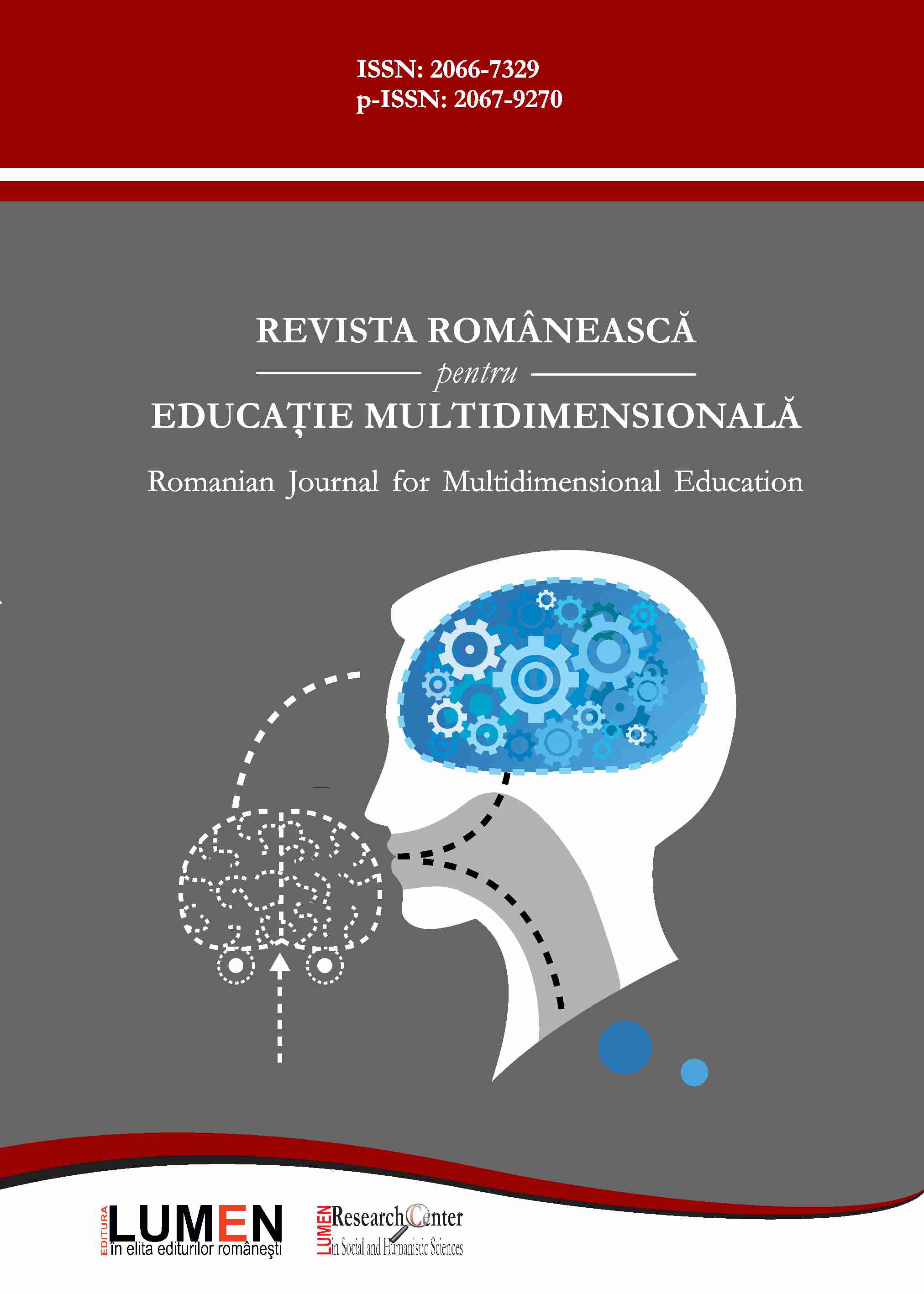Social Inclusion of Students from Disadvantaged Backgrounds: New Strategic Approaches to Educational Counselling and Communication
Social Inclusion of Students from Disadvantaged Backgrounds: New Strategic Approaches to Educational Counselling and Communication
Author(s): Cristina Cîrtiţă-Buzoianu, Gabriel Mareş, Mihaela Cojocariu, Brîndusa-Mariana AmălănceiSubject(s): Social Sciences, Education, Theory of Communication, School education, Social psychology and group interaction, Health and medicine and law, Inclusive Education / Inclusion
Published by: Editura Lumen, Asociatia Lumen
Keywords: educational counselling; communication; social inclusion; students from disadvantaged backgrounds; post-COVID;
Summary/Abstract: The need to provide education for all has continued to be at a high level even now when access to education is easier and considerably wider than in the previous historical periods. There is a general causality as well as a specific one supporting this necessity. The latter includes an additional set of reasons which connect defining characteristics of disadvantaged learners with the limitations of the pandemic crisis and its effects on communication. They also continue to manifest themselves after the health restrictions have been lifted and further hinder communication and educational counselling, thereby imposing additional barriers to inclusive education. This study is a literature review through which we aim to make a synthesis of current communication and educational counselling new strategic approaches suitable for use in the post – COVID context for facilitating access to education for disadvantaged students. The objectives of the study are as follows: O1: to identify a set of strategies which correspond to the specific communication pattern and information needs of the children and teenagers nowadays; O2: to identify current educational counselling strategies which can be successfully used in the post - COVID context to enable well-informed career decisions for disadvantaged students; O3: to develop a formative intervention model for social inclusion of students from disadvantaged backgrounds. The study findings may be useful in school and career counselling in pre-university education, but also in collaborative approaches between pre-university and academia in order to facilitate the inclusion of the disadvantaged students.
Journal: Revista Românească pentru Educaţie Multidimensională
- Issue Year: 15/2023
- Issue No: 1
- Page Range: 482-504
- Page Count: 23
- Language: English

